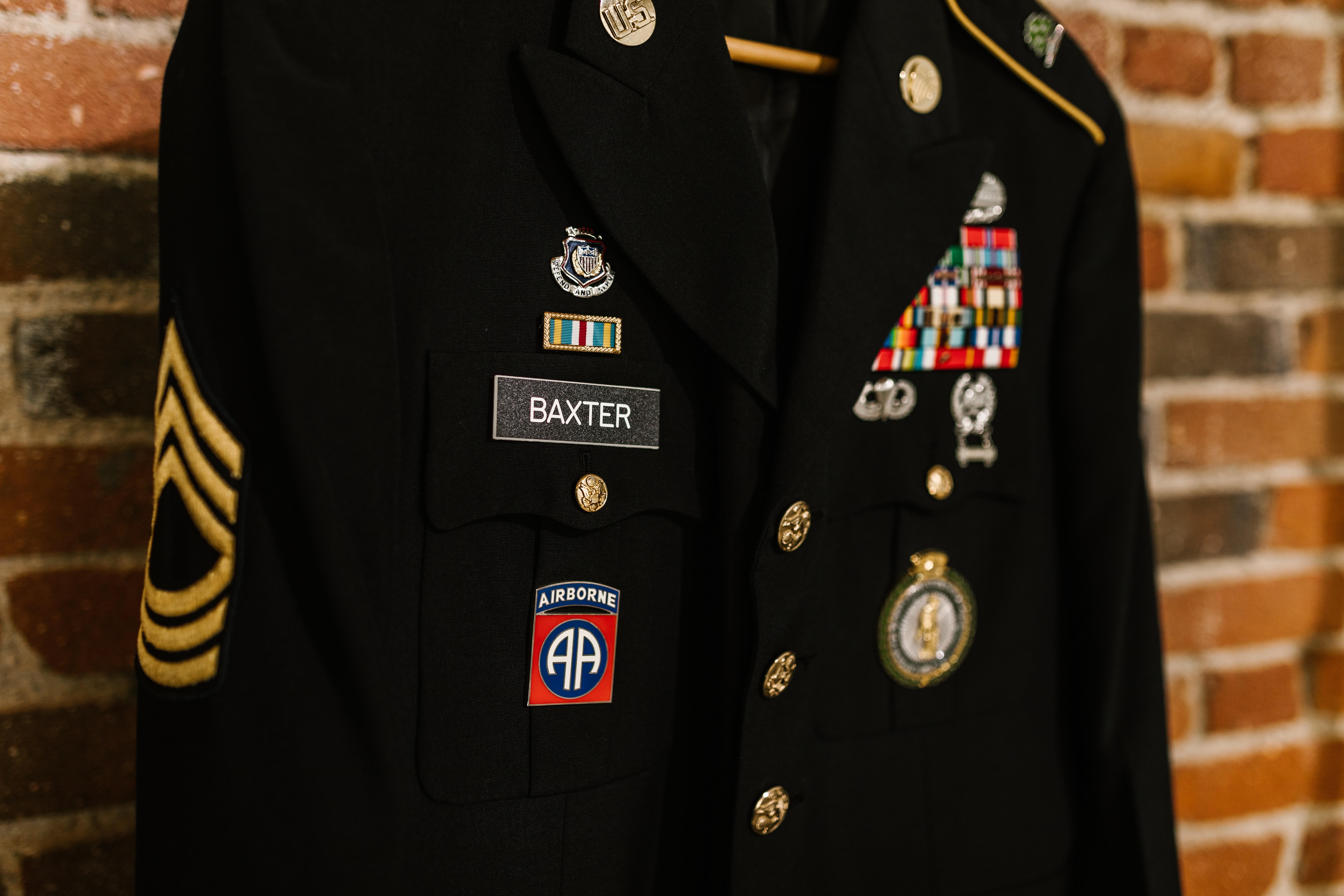Monsters
One of my favorite books from my childhood was Where The Wild Things Are. It’s a book about a misbehaving child who goes on nighttime adventures in a land of monsters.
You’re probably asking yourself, what on earth does this have to do with bankruptcy? Well, I’ll tell you…and it all relates to the last page of the book.
When you get to the last page the young man in the book is back from his adventure and safe in bed. This is when you realize that the so-called monster was just the size of a dust bunny under the bed.
In other words, the size and ferocity of the monsters was blown out of proportion.
Instead of being viscous, blood thirsty huge monsters, they were remarkably insignificant.
I bring this up to point out that often, my clients let their imaginations run wild too. This imaginary monster they think up keeps them from getting the help they need.
The “monsters” of bankruptcy are entirely fictional.
Many of my clients create monsters in their head. They believe that when they file bankruptcy there are a number of horrible things that are just waiting to happen.
- “They” will come to your house and take your home and everything in it.
- You get dragged in front of a judge to explain why you “deserve” relief
- You’ll never get credit again
- You can’t get rid of tax debt, medical bills, credit cards or anything else
Every last bit of this is total garbage.
People who are in distress believe the bad information they’re fed by creditors and so called “experts” on the internet. They let this bad information bounce around in their heads until they’ve blown it up so much that it consumes them and the fear paralyzes them.
If only my clients could use their imagination the way Maurice Sendak did they’d never need my help.
In truth, they just need good information. Good information is real and it reassures them that they’re making the right choice.
The pan of bankruptcy is self-inflicted. Beating yourself up
But the truth is that when you have good information about how bankruptcy really works, the horrors are mostly made up. The relief that is available is real and reassuring.
Most of the pain in bankruptcy is self-inflicted. You need help and you need it now. Don’t beat yourself up and remember, the anguish you are putting yourself through doesn’t have to happen.
When you’re ready to start down the road to financial peace, call me.



